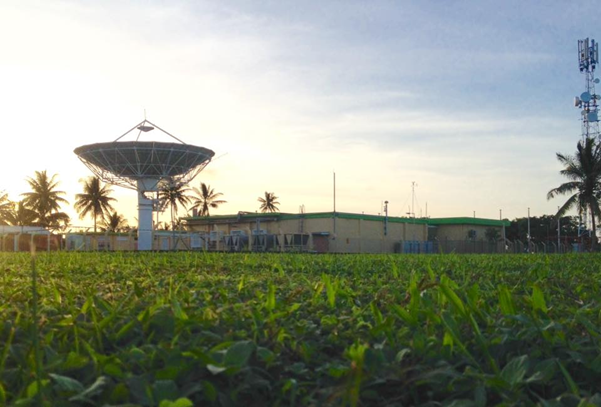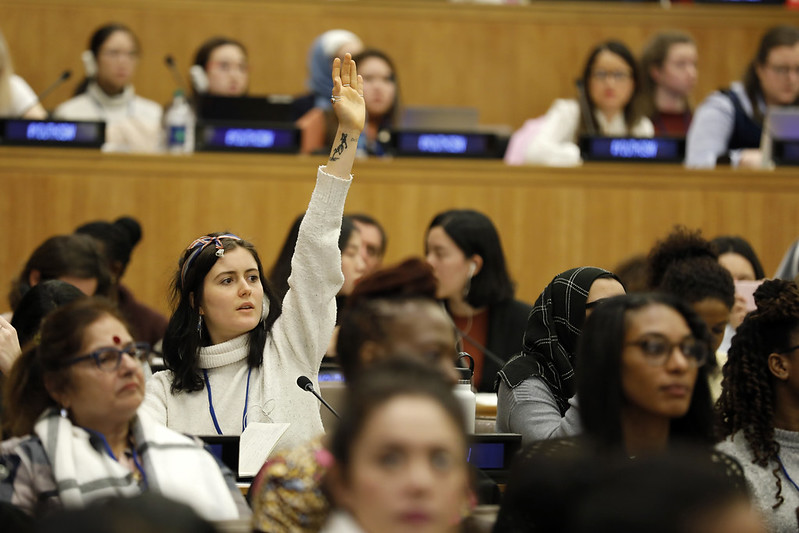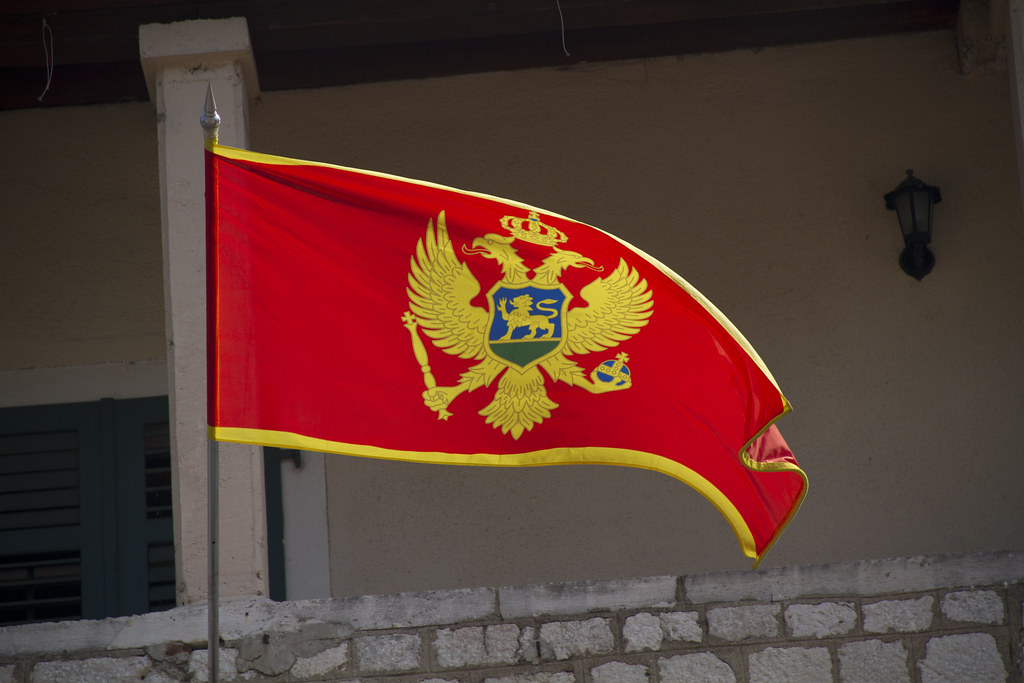This week in Australian foreign affairs: Australia joins Beijing Olympics boycott, South Korea relationship to be elevated, embassy opening in Palau, and more.
In a press conference on 8 December, Prime Minister Scott Morrison announced that the Australian Government would not be sending official representatives to the 2022 Beijing Winter Olympics. Morrison said that the decision should “come as no surprise” and reflected his government’s position of “standing up for Australia’s interests.” In response to a question about whether the government was worried about “economic or political pushback” from the Chinese Government, Morrison said that such an outcome would be “completely and utterly unacceptable.” Shadow Minister for Foreign Affairs Penny Wong released a statement supporting the announcement, adding that it “sends a strong signal” to the Chinese Government.
Morrison noted on 7 December that President of the Republic of Korea Moon Jae-in would be visiting Australia from 12 to 15 December to mark the 60th anniversary of diplomatic relations between the two countries. During the visit, the leaders will formally elevate the relationship to a Comprehensive Strategic Partnership. Morrison stated that the partnership between the two nations “continues to grow” and is “underpinned by trade, shared values, common regional strategic interests and a commitment to an open, inclusive and prosperous Indo-Pacific region.”
From 2 to 4 December, Minister for Foreign Affairs Marise Payne visited Palau to open Australia’s Embassy in Palau and to meet with Palauan leaders to discuss the bilateral relationship. Payne also participated in a ceremony to break the ground for a landing station for Palau’s second internet cable, funded by Australia, Japan and the United States. She referred to the visit as “build[ing] upon recent in-person visits to partners in the Indo-Pacific region” and as “advance[ing] our two countries’ strong and growing relationship.”
Payne announced on 8 December that she would be visiting Greece, Belgium and Austria to advance Australia’s relationship with each nation, as well as to “discuss shared values” and “further common interests, including the prosperity and security of the Indo-Pacific region.” Payne will meet with senior members from each nation’s government, as well as with international agencies and bodies including the European Union High Representative for Foreign Affairs and Security Policy.
On 2 December, Payne noted that Australia’s sanctions regime had been strengthened to allow the establishment of Magnitsky-style thematic sanctions. Payne noted that the reforms, passed through Parliament that day, “will enable Australia to sanction individuals and entities responsible for, or complicit in, egregious conduct, including malicious cyber activity, serious human rights abuses and violations, and serious corruption.” She stated that the reforms will “ensure Australia can take timely action” and operate alongside “like-minded partners” to deter and punish such behaviour.
Payne signed a joint statement on 5 December on recent reports of summary killings and enforced disappearances in Afghanistan. Other signatories included the European Union, the United States, the United Kingdom, New Zealand, and Canada. The statement noted the signatories’ deep concern at the reports that had been documented by Human Rights Watch and other organisations. It further stated that “the alleged actions constitute serious human rights abuses and contradict the Taliban’s announced amnesty.” The statement called on the Taliban to “effectively enforce the amnesty” and that the signatories “will continue to measure the Taliban by their actions.”
Isabella Keith is a weekly columnist for Australian Outlook. She is also an undergraduate student at the Australian National University studying Law and Politics, Philosophy and Economics. Isabella’s research interests include international law and comparative constitutional law.
This article is published under a Creative Commons License and may be republished with attribution.




